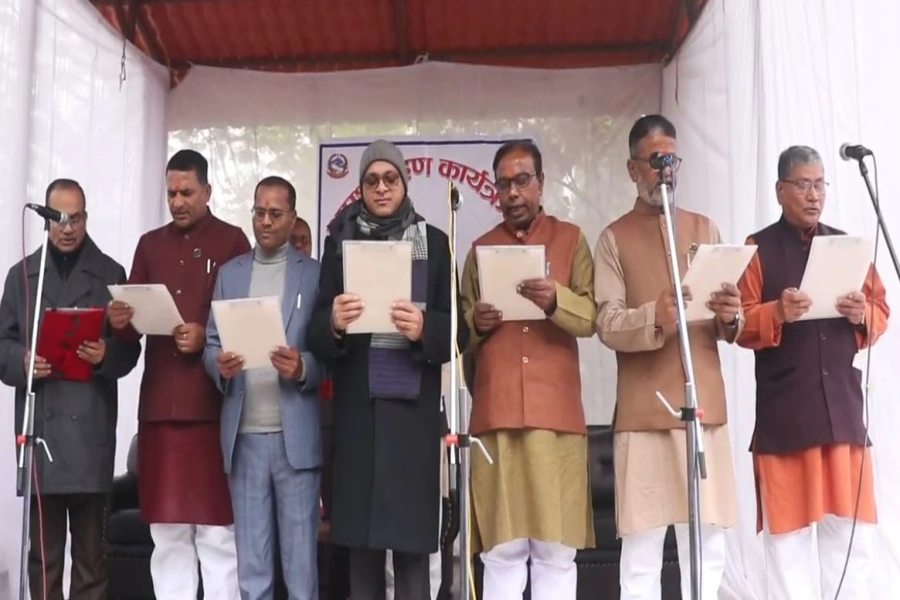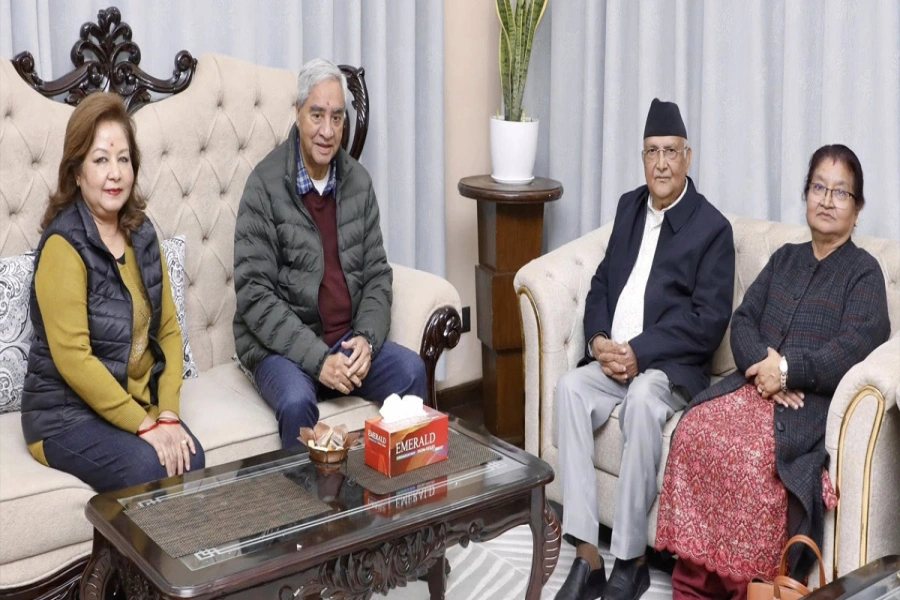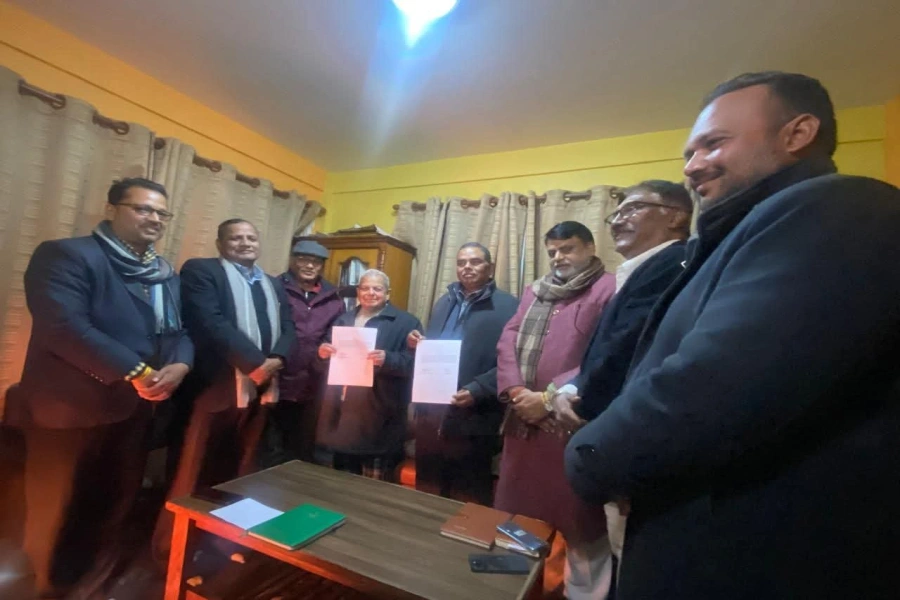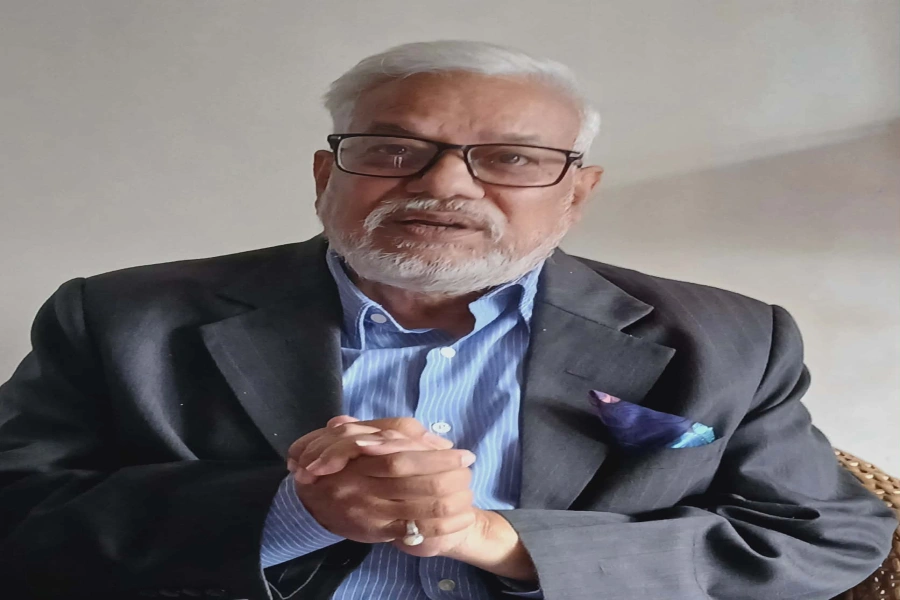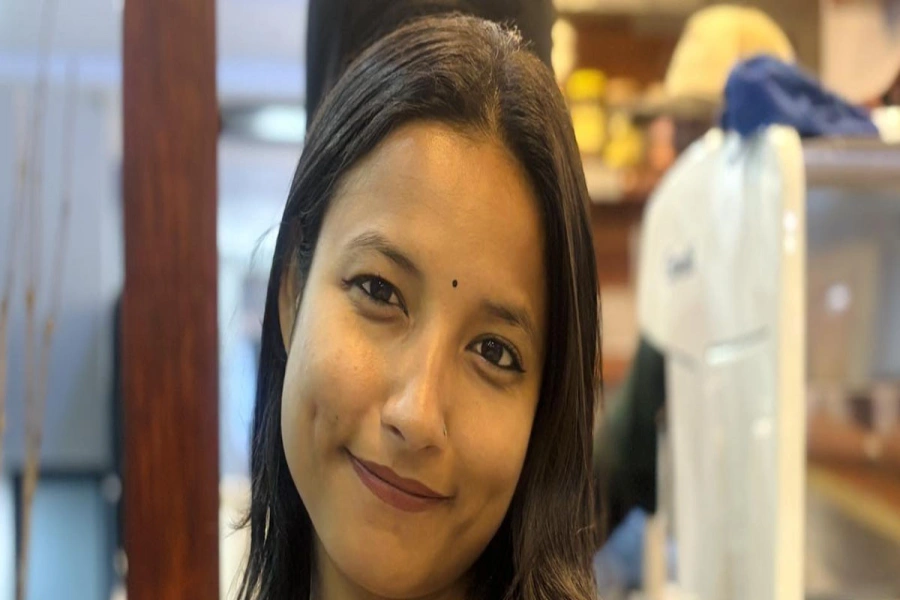The entrepreneurs are equipped with training sessions and field visits. The training sessions include coaching about the legal procedures, marketing strategies and other business protocols from various experts. Field visits are intended to give a pragmatic approach to the student's learning. Students are taken to field sites based on their interest. Up till now there have been 14 graduates from three batches. The fourth and fifth batches are currently running.However, the program still faces a lot of challenges. Hari Prasad Aryal, Director of the Department of Cottage and Small Industries, says, "We have a very good program, but only very few people are aware about it. We haven't been able to market it well. Recently, we held a promotional program in Dhankuta and we received good responses there. Likewise, we also don't have adequate budget and other resources, such as a lab and transportation facility, which has been hindering us from running the program efficiently," he shares.
Entrepreneurs, who join the course, are given the training free of charge. Applications for the training are opened usually in mid-October. The incubatees are then selected after assessing the applicants and their ideas.
"There are no specific requirements per se but we select incubatees based on their idea and their willpower," Aryal explains.
The program is tentatively three-four years long, but they do receive support from the Business Incubation Center in Tripureshwar even after completing the course, Aryal adds.
Shashi Sharma, one of the current incubatees, has been running V-Tech Pvt Ltd—a venture that focuses on wellness product, for five years now. She joined the program around two years ago, and says the knowledge she has acquired has been very helpful for her business.
"I learned about planning a business, writing a business project and other entrepreneurial skills which have been very effective. Networking with teachers and fellow incubatees has proved really beneficial as it helps me generate new ideas. Even though I've been running this business for five years, it has only gained momentum during the past two years," she shares.
Shashi's firm currently produces Ganoderma red mushroom and nine different products made out of it, such as toothpaste, soap, tea, etc. She also is the only producer of Ganoderma in Nepal. She will soon be launching a new product known as 'Multi-grain Diet', the samples of which has already been sent for marketing.
Ujjwal Chapagain is also an entrepreneur and current incubatee. He has been running The Himalayan Rabbit Farm for three years. The firm specializes on rabbit farming and rabbit farming training. The rabbit meat is currently sold in different restaurants of Kathmandu. The firm also trains farmers and entrepreneurs interested in rabbit farming. Chapagain joined the incubation program two years ago. "It has helped me understand the technical aspect to business and build link with appropriate organizations," he says.
However, he adds that the incubation program could have been a lot better. "The incubation program could be a lot more efficient if it focused more on modern approach to learning. It is definitely a good program and it has helped me in many ways, but I feel that it lacks something. For example, certain entrepreneurial ideas deserve special attention and it is important to give them a bit more time and effort. These things should be taken into consideration, as the program is way too good and has a much bigger potential to just leave it as it is," he concludes.
Business ideas matter



